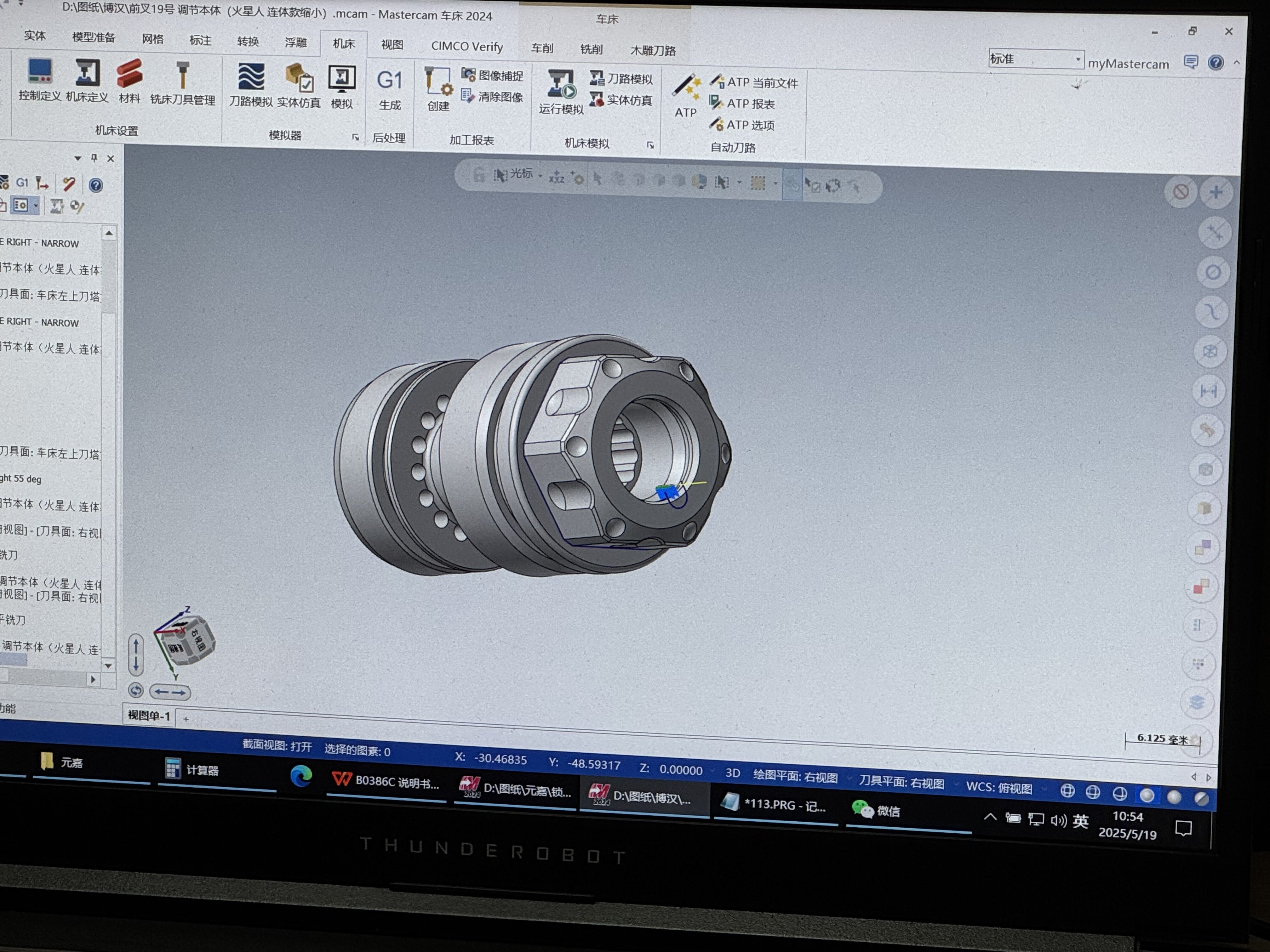Machining CNC do szybkiego prototypowania umożliwia szybkie wyprodukowanie funkcjonalnych prototypów za pomocą obróbki numerycznie sterowanej, oferując szybką i niezawodną alternatywę dla druku 3D w niektórych zastosowaniach. Szybkie prototypowanie za pomocą machining CNC jest idealne do tworzenia prototypów, które wymagają materiałów produkcyjnych, ciasnych tolerancji i rzeczywistych właściwości mechanicznych, pozwalając na dokładne testy i weryfikację przed masową produkcją. Proces zaczyna się od modelu 3D, który jest konwertowany na instrukcje obrabiania za pomocą oprogramowania CAM. Zaawansowane maszyny CNC następnie frezują, obracają lub toczą prototyp z bryły materiału, takiego jak aluminium, stal czy plastik, zapewniając wysoką precyzję i powtarzalność. Ta metoda jest szczególnie odpowiednia dla prototypów, które muszą wytrzymać warunki rzeczywiste, takie jak obciążenie mechaniczne, zmiany temperatury lub ekspozycja na chemikalia. Na przykład firma automobilowa może użyć szybkiego prototypowania CNC do stworzenia funkcjonalnego elementu silnika do testów wydajnościowych, a firma robotyczna może wyprodukować prototyp stawu do oceny trwałości. Machining CNC do szybkiego prototypowania ułatwia również iterację projektową, ponieważ zmiany mogą być szybko wprowadzone do modelu cyfrowego i przekształcone w zaktualnione prototypy, co redukuje czas i koszty wprowadzania nowych produktów na rynek. Prędkość i precyzja szybkiego prototypowania CNC czynią ją niezbędnym narzędziem dla zespołów zajmujących się rozwijaniem produktów, które chcą zweryfikować projekty i przyspieszyć czas wprowadzenia produktu na rynek.


Prawa autorskie © 2025 Xiamen Shengheng Industry And Trade Co., Ltd. - Polityka prywatności